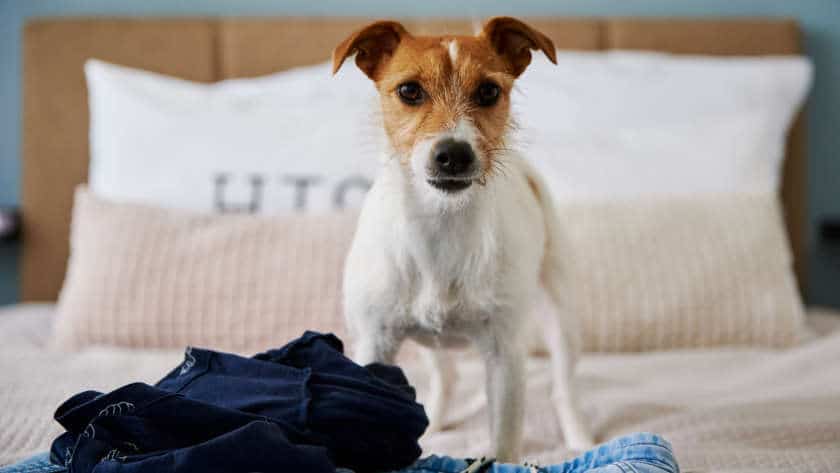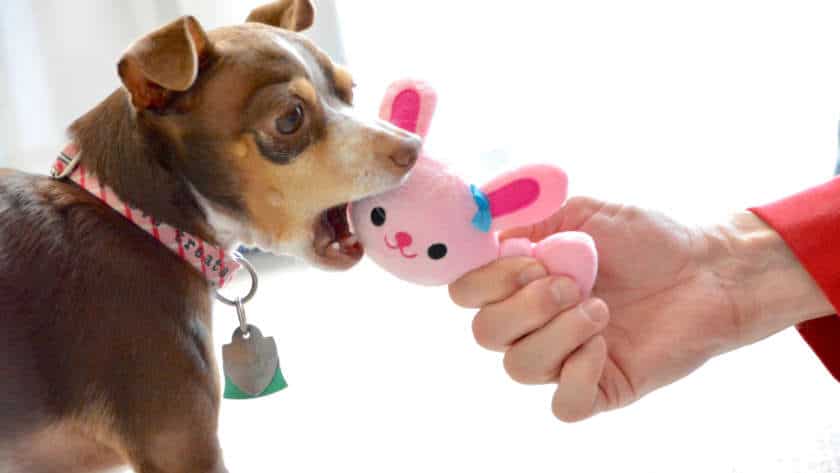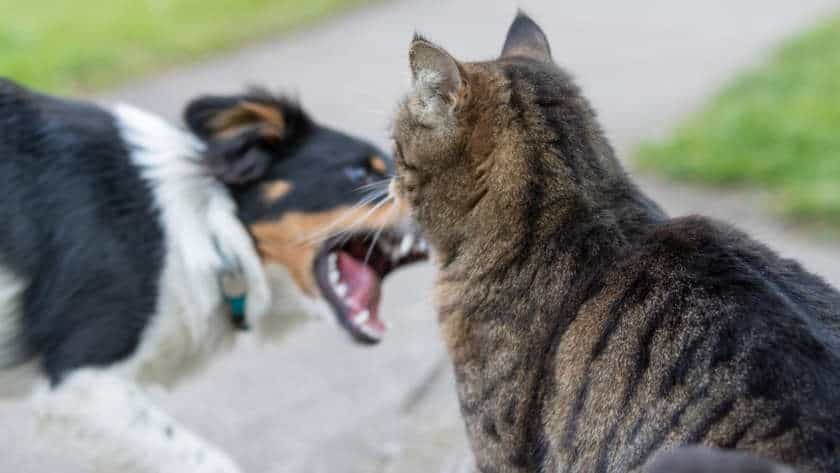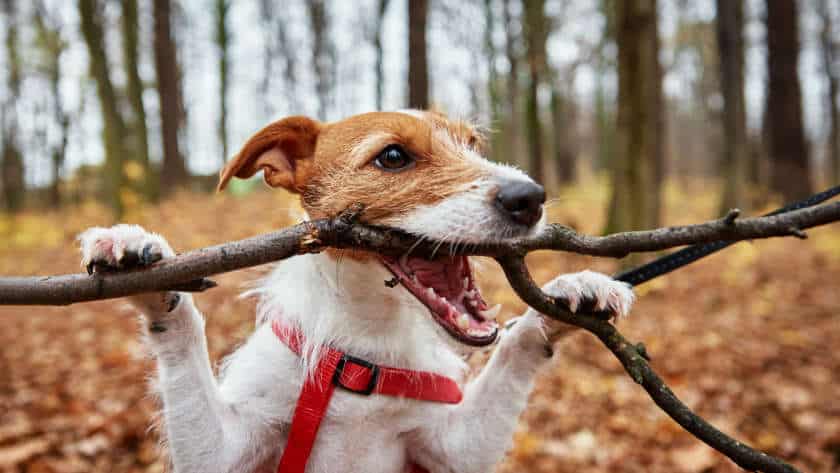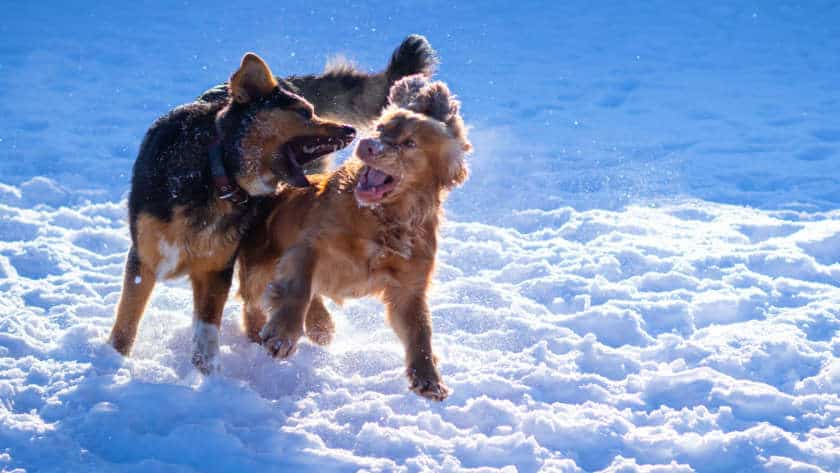Aggression or Protection? Understanding Your Dog's Motives It's key to know your pup's behavior and body language. Aggression can be growling, barking, biting, lunging at people or animals. It's usually caused by fear or anxiety and needs a professional to fix it.
Protective behavior is the dog's instinct when they sense danger. This can be…


